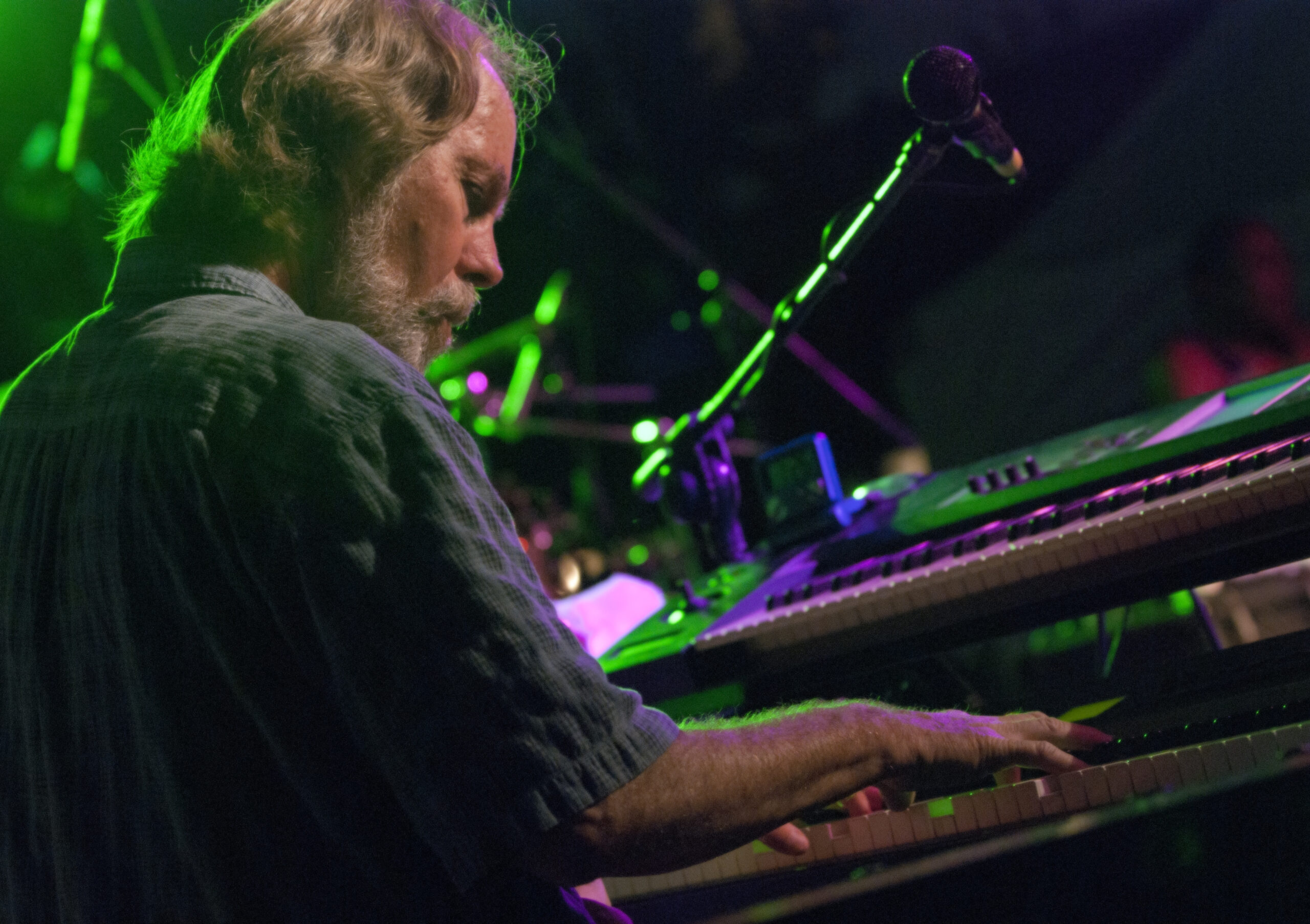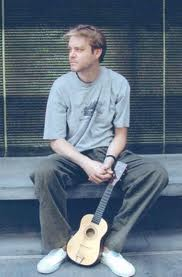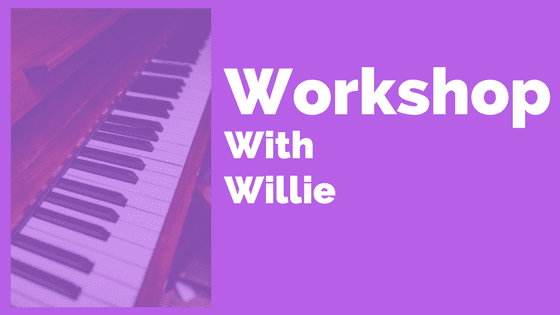Coming up on 45 years as a founding member of Little Feat and highly sought-after session artist, Bill Payne has worked with a rolodex of rock and roll. Exposed to what he describes as the “pageantry of music” playing as a youth in his church in Southern California, Payne, 64, has since been honing an eclectic style that has been an integral part of over 25 Little Feat albums and kept him in high studio demand when he’s not touring the world. The keyboardist/songwriter has collaborated with such luminaries as Robert Hunter, famed lyricist for the Grateful Dead and writing partner of the late Jerry Garcia, the Doobie Brothers, Bonnie Raitt, Jackson Browne, Bob Seger, Carly Simon, Robert Palmer, and Beck, to name just a few. He was gracious enough to join us by phone from his Montana home for a conversation about the practice of practice.
Can you describe for us your earliest memory of practice?
My teacher in Ventura, California was Ruth Neuman. Ruth allowed me to play a piece for her the first time I met her. It was the theme to Davy Crockett. She said, ‘The next time you come in I’ll have this written out for you. I’ll show you what you actually played.’ She started me out with a couple of things in terms of reading. There was a Fletcher book and it involved five notes, one being the centerpiece which is the C. The C-D-E and C-B-A with the left hand. That’s where I started. Scales became a very quick part of the regime of learning the piano. We did it in a circle of fifths, from C to G to D to A to E, etc. She told my mother, ‘Make sure Bill knows how to read music, but let’s not take the magic out of it for him.’ What she meant was allow me to explore the instrument. The music I was going to learn was classical, romantic music, with some Bach thrown in for good measure and would give me the facility to play better by ear, as well.
In that intermediate stage between beginner and professional what were some of the challenges you faced and how did you deal with them?
The idea of rhythm, being able to read more complex rhythms. Within the classical studies, at least the European- Haydn, Beethoven, Mozart- they were not simple at all, but it was not like if you went into a Latin piece. You’ve got all those upbeat rhythms. I’m trying to read them, furiously counting this stuff. It was really difficult for me to get that transition. The interdependence between the two hands was a lot more evident with that as well. I have small hands as a player and my teacher was able to show me how to roll up on things.
So, having a teacher was critical in your development.
Having a teacher at age five or six and having an anchor of going in each week to see somebody that I didn’t want to disappoint helped me with the key component of all this stuff which is discipline. If you don’t have discipline you are not going to get very far.
Has there been an occasion when in a professional situation you have drawn on some of your earliest experiences?
In fourth or fifth grade I’d be called into a school assembly- Bill Payne will now play the piano. What am I going to play? I get up there, play a little Chinese song or just improvise. Years later I’m in the studio with the Doobie Brothers for their second album and I threw in this goofball lick. I said, ‘Hey, I don’t want that lick in the song.’ They loved it and made me keep the lick. I told them the story of the Chinese song and the assembly. Tom Johnston calls me some 20 years later and says, ‘Remember that lick you didn’t like? Off the lick and your story I went home that night and wrote “China Grove.”’ You’re kidding me? Where’s my publishing? (Laughs)
Can you talk about the balance between knowledge and experience?
I didn’t really get into the Mixolydian or any of that stuff. I can play jazz but I’m not schooled in it. I tended to mix things together. I do my own gumbo of jazz and rock and roll and new age, whatever you want to call it, and blend things. For me this journey that I’ve been on for now 64 years has been this arc of learning, of occasionally hitting wall and putting my efforts into photography or into writing. That arc of bringing things in is really important. I learned how to play with other musicians in the most dramatic way possible which is in the studio. That’s where you are playing with the best players on the planet. Earl Palmer on drums. Carol Kaye on bass. Are you kidding me? I’m glad I don’t know exactly who these people are because I’d be too afraid to play. (Laughs)
After 45 years as a pro you must be comfortable now in your own abilities. Do you still practice?
I think it is a mistake to ever embrace too much of the comfort zone. It could be simple. Maybe I’m not learning any new pieces, in terms of classical pieces, but I’ll play Mozart- it’s not easy, but easier that Chopin or Rachmaninoff- and it forces me to play a little slower. That’s what practicing is. It’s going over a section more than a few times. The best way is to slow it down. Relax. Breathe. If you are breathing in a manner that allows you to relax, it relaxes your hands, it relaxes your arms.
Do you listen to tapes of your playing for ways to improve?
I saw a videotape once and I saw my elbows were just flying like I was about to take off. Not only does it look idiotic, but I’m not sure it helps my playing. I wouldn’t have known it had I not seen it. It was extra energy that didn’t need to be put off. I decided to change it. It looked awful and probably not necessary. I made a conscious effort to keep my elbows in, and I was right, I didn’t need it. It was superfluous to the task at hand. What I’ve learned from listening to tapes is that I’d be better off if I played a little less fast.
Little Feat is known for absorbing many genres into its repertoire from Dixieland to blues to reggae to jazz and so on, sometimes playing more than one within one song? How have you managed to do this?
I don’t want to be handcuffed by any genre. The purists would say I need to do it like this. Well, maybe you need to do it like this, but I don’t feel compelled to. I don’t do it to thumb my nose at anything. It’s about influences- what are you influenced by and can you bring that into your vocabulary. I don’t have any admiration for people that say, ‘You’re not from New Orleans, why are you doing this?’ I’m not from Germany either and I’m playing some Beethoven. Is that okay? I mean, come on. For me, music and the arts is about having the freedom to make a mistake, a happy mistake, to combine things and find that connection.
What’s next in your journey with Little Feat? Anything for the band’s 45th anniversary in 2014?
We’ve been on a hiatus this last year. We can’t do anything while Paul (Barerre) is trying to sort out his health issues. He has a liver, Hep C thing he’s dealing with, but we’re going to be in Jamaica in March of 2014. I think people are getting the idea that Little Feat is a rather unique thing. I’m anxious to get back to it.
Bill Payne’s recommended resources:
- Little Feat- “Dixie Chicken” from Waiting for Columbus, “Gringo” from Hoy-Hoy!
- Little Richard- “Slippin’ and Slidin’”
- Professor Longhair
- McCoy Tyner
- Glenn Gould
- A Romance on Three Legs by Katie Hafner
Larson Sutton is a writer/musician living in Los Angeles.
Picture By Brian Gimmel
Listen To Larson’s Band Today! On iTunes



